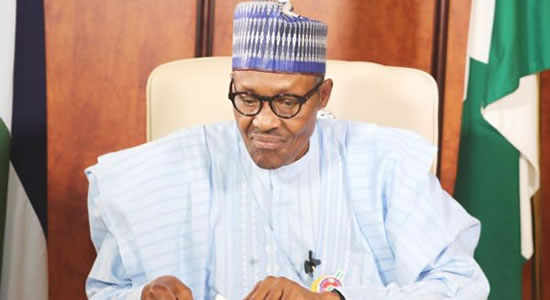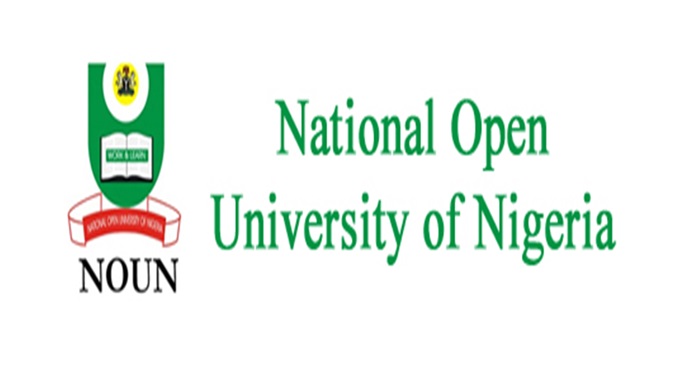The Director-General, National Agency for the Great Green Wall (NAGGW), Bukar Hassan has disclosed that Nigeria has partnered with Niger and Chad on a joint trans-border agroecosystem project in a bid to rehabilitate and restore livelihoods in the Lake Chad Basin.
The D.G made the disclosure after an international conference on desertification on Sunday in New Delhi, India saying the joint project became necessary as environmental do not have national boundaries.
Hassan said the project will consist of promotion of agroforestry and livestock development in the three participating countries bordering the Lake Chad Basin. Also, noting that agriculture in the Lake Chad Basin has become unattractive due to the dry nature of the region.
“Today, agriculture is no longer practiced in the Nigerian side of the Lake Chad Basin.
“So, our responsibility as an agency of Nigerian government is to make sure that we regain what we lost in terms of water (which has created huge unemployment among the people) and empower the people to be able to get back their land which was lost due to the disappearance of lake.
While speaking, the DG said due to the humanitarian crisis in the zone, the region has been hit with the worst degradation with 90 percent of its water drying up.
“The Lake Chad basin was one of the worst degraded areas in the world with attendant humanitarian crisis.
“That’s why our president is keen on seeing that the basin is rehabilitated because the insurgency affecting the three participating countries is all linked to environmental degradation.
“That’s why we are developing a project that will help in rehabilitating the Chad basin,” he added.
He explained that President Muhammadu Buhari has directed NAGGW to intensify afforestation in the five northern border states of Sokoto, Jigawa, Katsina, Yobe and Borno. This followed the migration of people in the regions to southern parts of the country due to desertification.
“There was mass movement because the means of livelihoods are no longer there; otherwise people will not just board an articulated vehicle from Jigawa to Lagos in search of a means of livelihood.
“So, we’re trying to provide capacity for these people to get them adapted to the arid environments they found themselves and also do some economic activities so that they can stay put where they were, take care of their families like everyone else,” Mr. Hassan said.
Also, the agency is committed to rehabilitating other Northern states including Kebbi, Zamfara, Gombe, Bauchi, Kano and Adamawa whose dry ecosystem hinders agricultural, livestock and economic activities.
(Premium Times)




















)